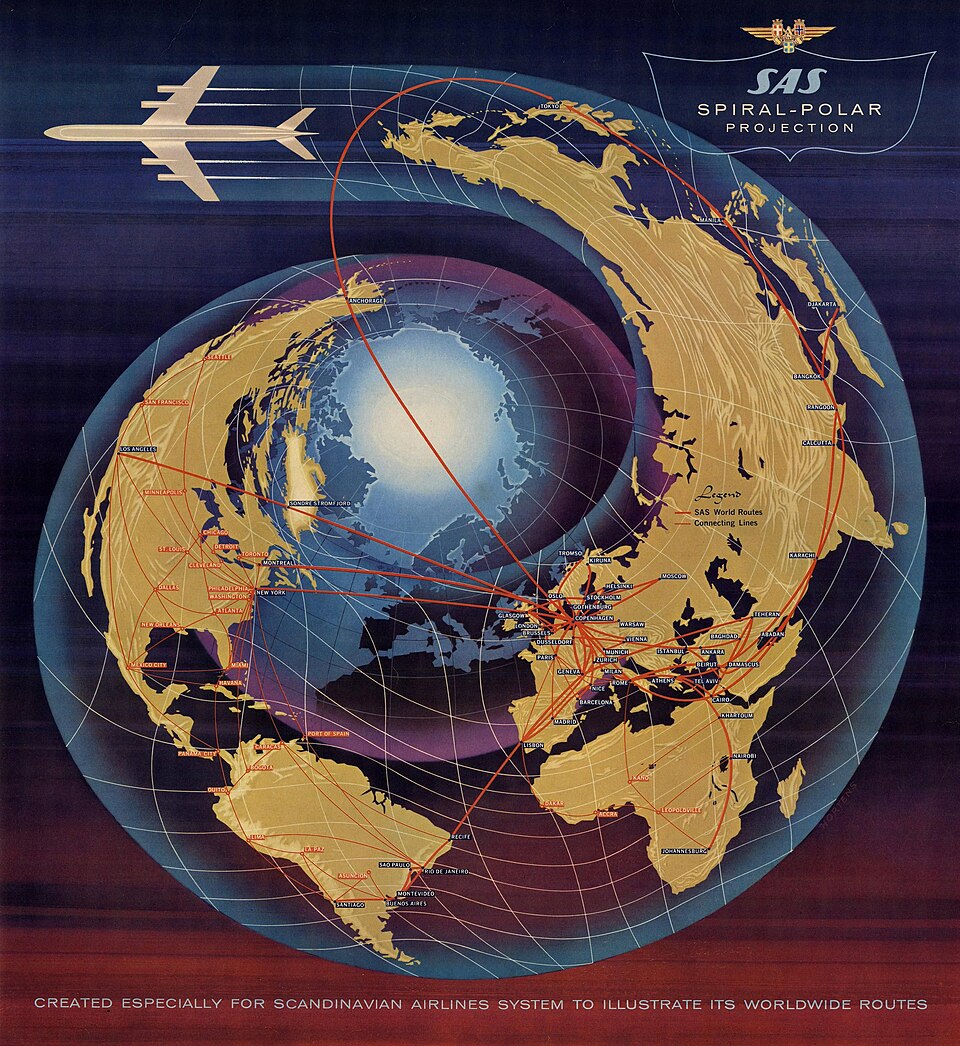
Money and Capital Markets course provides an in-depth understanding of financial systems, focusing on how money, financial institutions, and capital markets facilitate the flow of funds in an economy. The course explores the structure, functions, and operations of money markets(short-term debt) and capital markets (long-term financing markets), emphasizing the role of financial intermediaries and regulatory frameworks.
Key topics include:
The role and structure of financial institutions(eg, central banks, commercial banks, investment banks)
The operation of money markets(eg., Treasury bills, commercial paper)
Capital market instruments (eg, stocks, bonds, and derivatives)
The mechanics of interest rate determination.
Financial market regulation and monetary policy.
This course is an introduction to the different management fuctions in the organisation's and the different management practices in the different organisations.

This course introduces you understanding of the global tourism pace, looking at its evolution, historical development, the present trends and the future. It covers key areas of Travel motivation, demand and supply, trends, contemporary issues and the future of the industry.
At the end of the course, learners should be able to study the global tourism space, identify its current trends and be able to create opportunities through Tourism Product Development, as well as be able to analyze the tourism industry from a global perspective.
